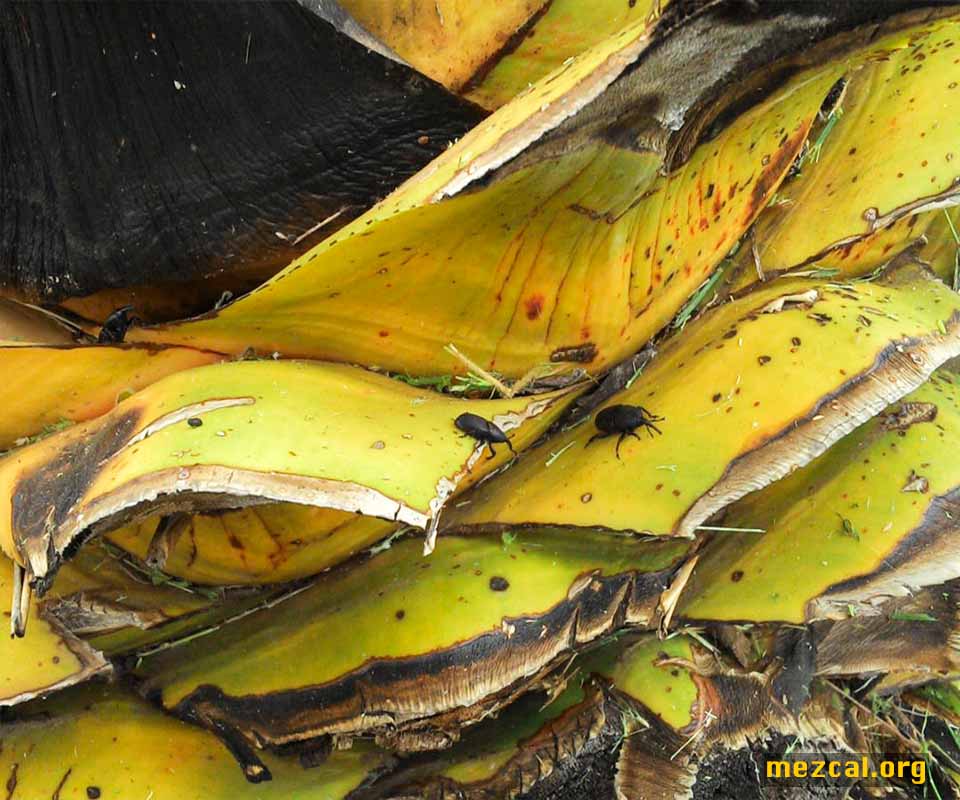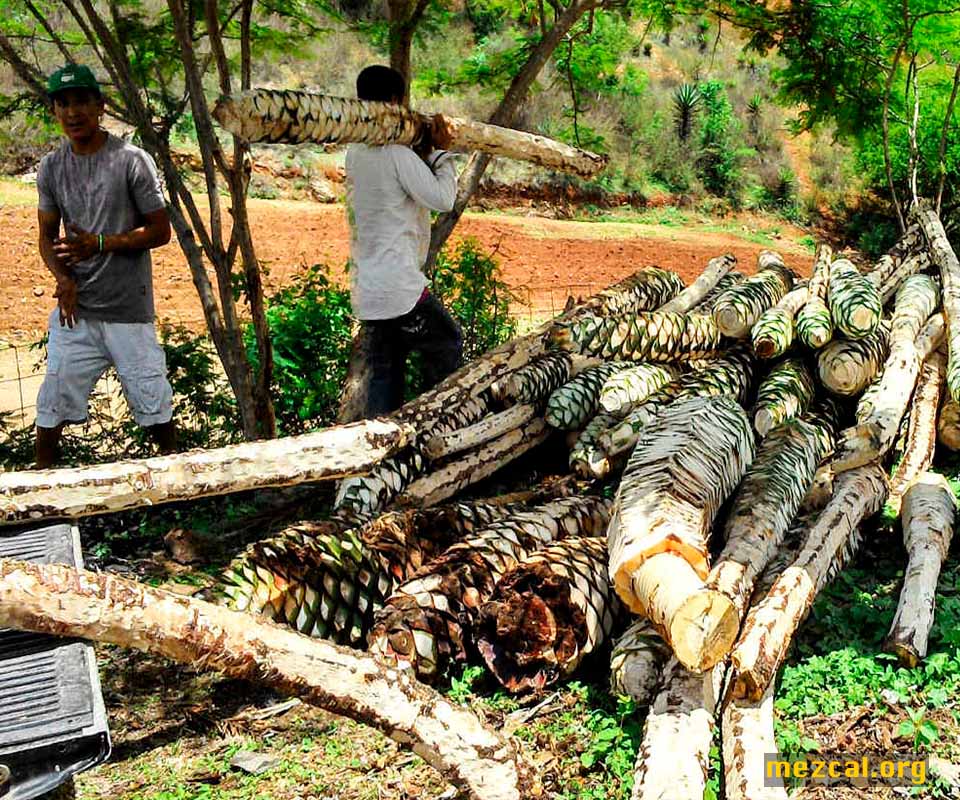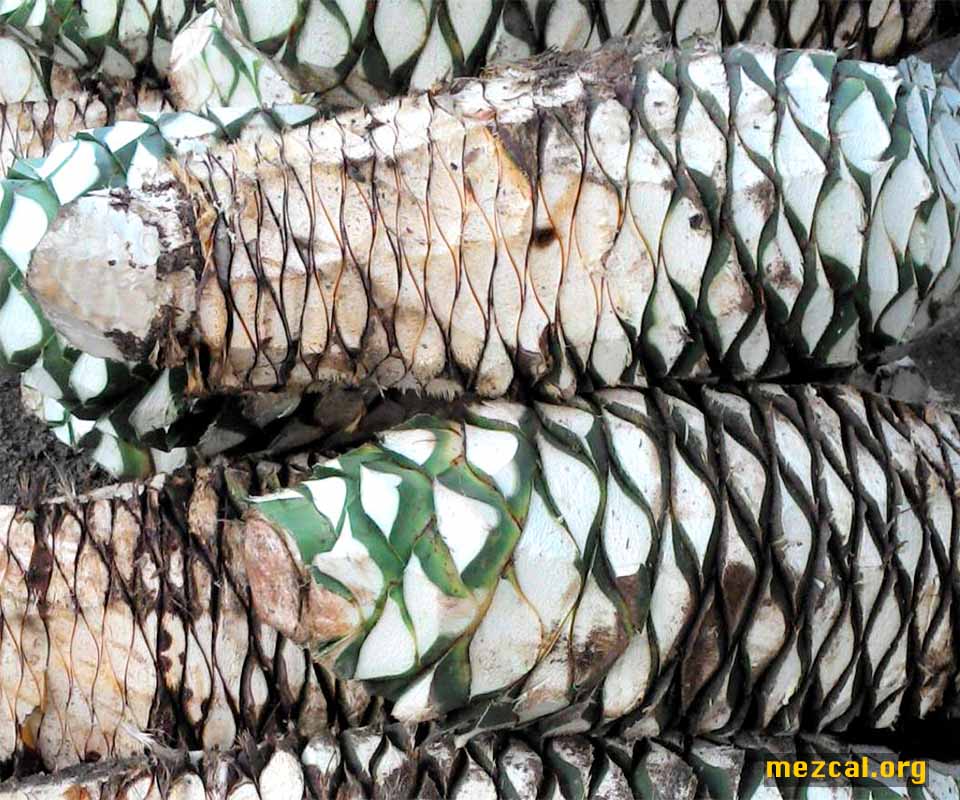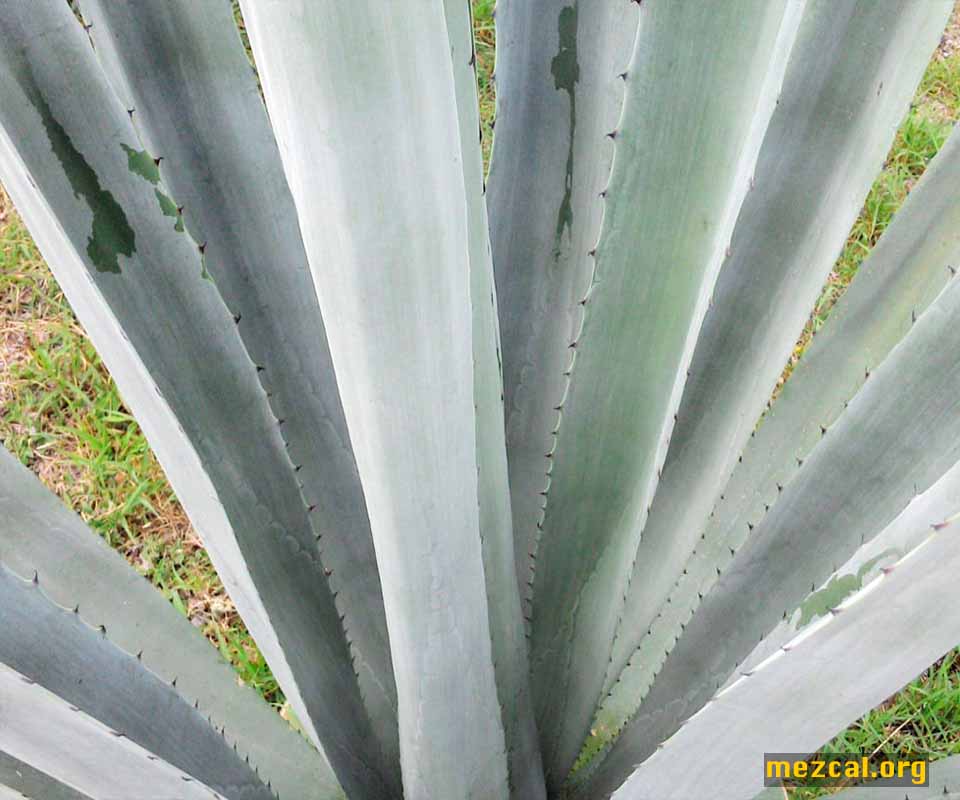Agave americana is a species of remarkable polymorphism, with a diversity of forms that have been cultivated and selected by humans over many years, adapting to different regions of the world. Within this wide variability, the variety Agave americana var. oaxacensis, commonly known as Maguey Arroqueño, stands out for its prominent use in the production of Mezcal in the region of Oaxaca, Mexico. This variety has been studied for its adaptability to the specific climatic and edaphic conditions of the region, as well as for its unique morphological and physiological characteristics that contribute to the production of a Mezcal with distinctive organoleptic qualities. The selection and management of this agave over generations has allowed not only the preservation of this variety but also the optimization of its use in the production of this spirit, reflecting the importance of traditional agricultural practices and their impact on the cultivated biodiversity.
Scientific research on Agave americana var. oaxacensis is vital to understanding the underlying mechanisms that shape its suitability for Mezcal production, from genetic studies that explore its diversity and evolution, to agronomic research that focuses on its management, cultivation, and resistance to diseases and pests. These studies not only provide crucial information for the sustainability and improvement of Oaxacan Mezcal production, but also shed light on how interactions between cultural practices and biodiversity can generate products of high cultural and economic value.












Comments